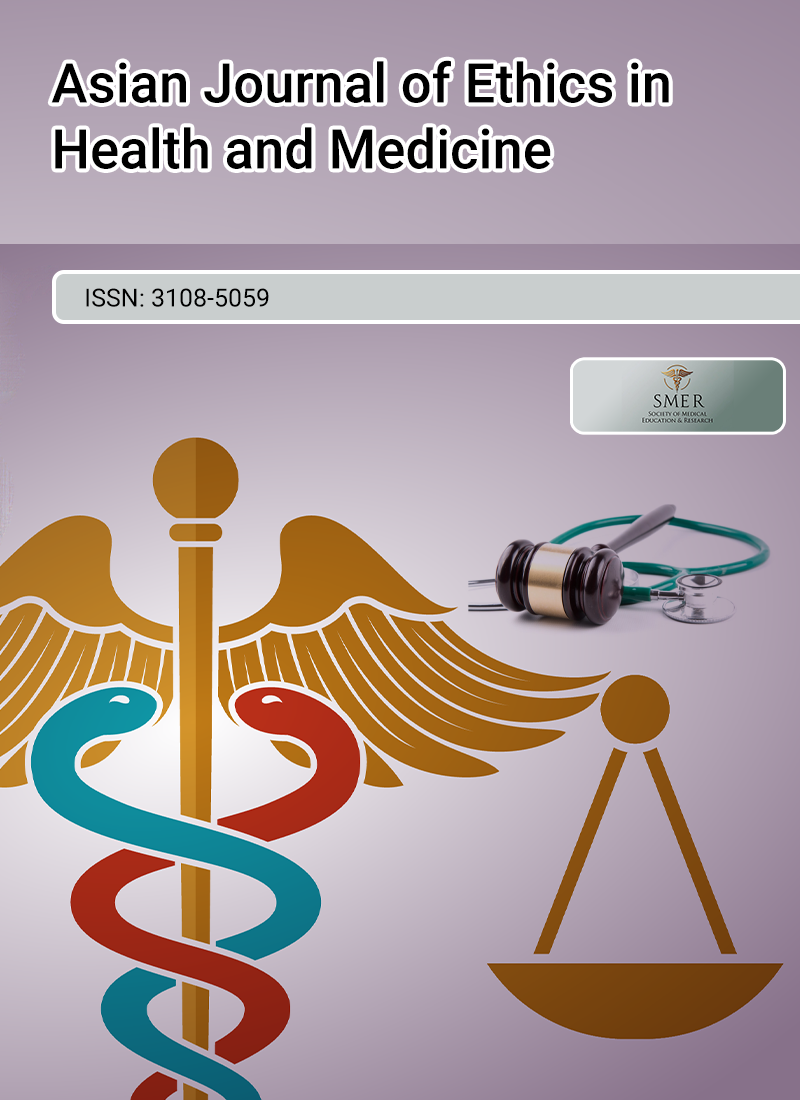
In response to the SARS outbreak, many regions worldwide began creating ethical frameworks for allocating resources during future pandemics. One notable example is the framework developed by Thompson and colleagues. While this framework provides a robust ethical foundation for decision-making, it does not adequately address the specific experiences and interests of children and youth during a pandemic. The COVID-19 crisis presents an opportunity to re-evaluate this framework through the lens of young people, incorporating insights from contemporary childhood ethics and children’s rights scholarship. This paper revisits the Thompson et al. framework and suggests modifications to the ethical principles and processes it presents. Our analysis draws on expertise in clinical ethics and a review of literature concerning the effects of COVID-19 and prior pandemics on the health and well-being of children globally, with a focus on the Canadian context. In developing this work, we engaged stakeholders—following a consultation process similar to that used by Thompson and colleagues—to validate our interpretations. We also introduce a new principle, practicability, which reflects the nuanced balance between what is feasible and what is convenient when making ethically sound decisions affecting young people. Additionally, we examine the strengths and limitations of our approach and highlight directions for further research in childhood studies and child health. Establishing child-inclusive ethical frameworks should be standard practice, ensuring that the potential impacts of pandemics on young people and related policy considerations are proactively addressed before emergencies arise.